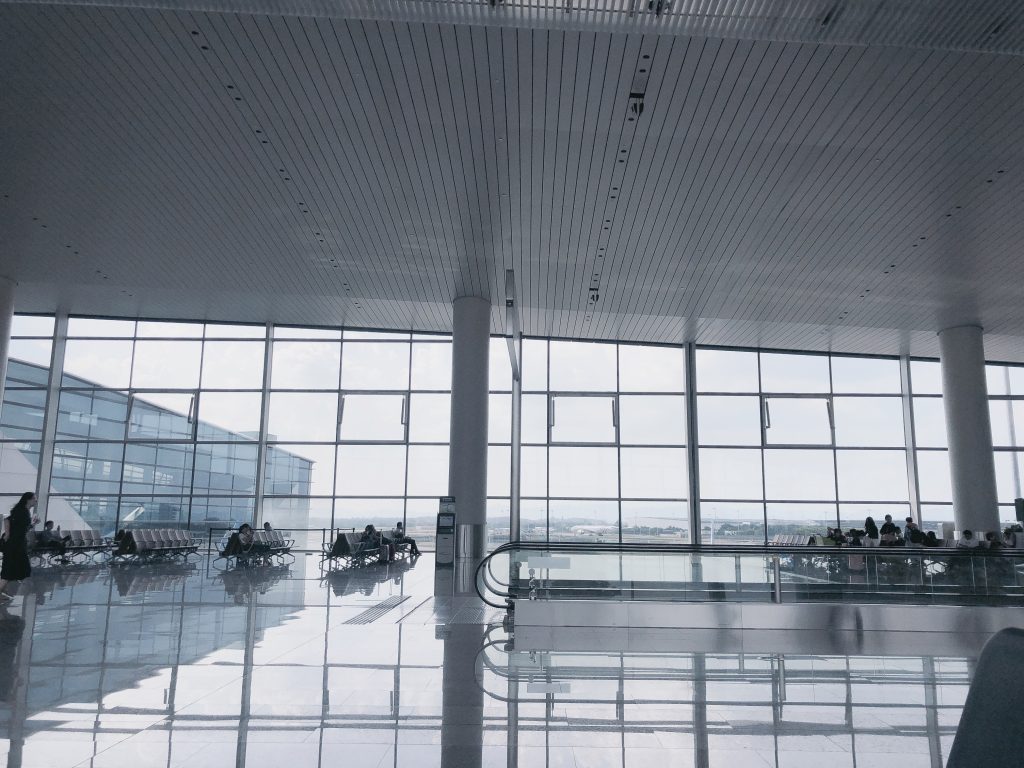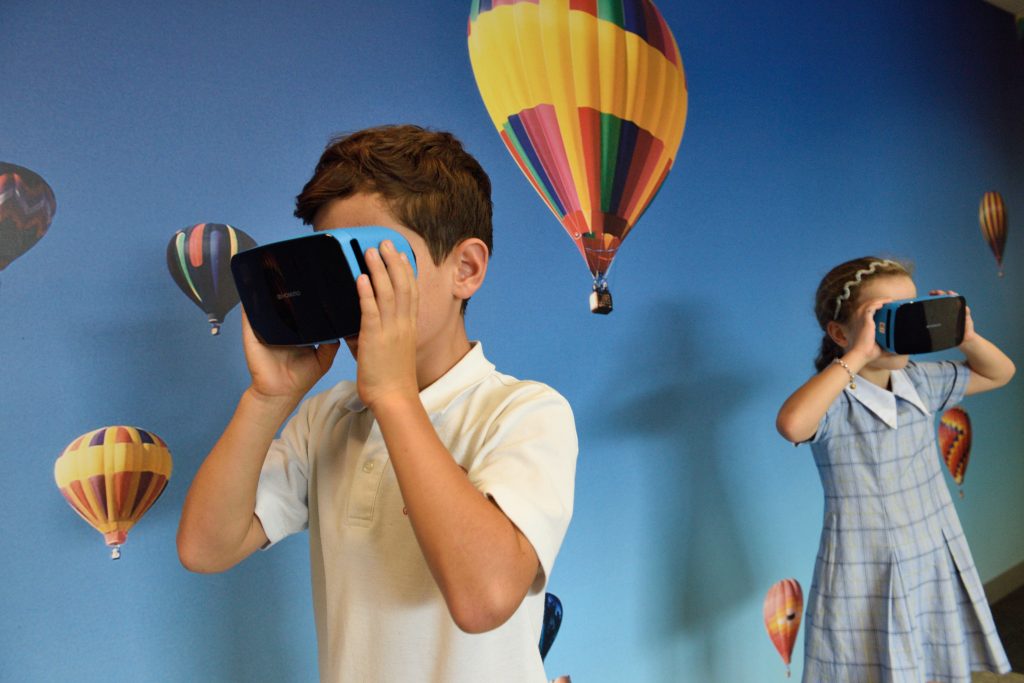
Top Tech Trends in Travel for 2020
The last decade has witnessed a strong emergence of technology and innovation in the travel industry. Tourism and travel have been drastically impacted by these changes.
So what can we expect to see in 2020? Here are the top travel tech trends for 2020:
Recognition Technology

The technology itself includes fingerprint recognition, facial recognition, retina scanning, and also various other biometric identifiers.
It has is already been in use in some hotels and cruises to allow access to rooms, or to allow for semi-contactless check-outs. For 2020, it is hoped that recognition technology allows also guests to pay for meals in the hotel’s restaurants only by walking through the exit.
Know Traveller Digital Identity

KTDI provides a swift travel experience for passengers and allows them to have better control over their personal data. The identity data is usually stored on a chip on a passenger’s passport which is instead securely stored and encrypted on their mobile devices. Passengers can manage their identity data and consent to share it with border authorities via a chip which will be securely stored on their mobile devices instead of their passport. Using biometrics, the data is checked at every leg of the journey until arrival at the destination, without the need for a physical passport.
Internet of Things (IoT)

This is probably one of the most exciting emerging travel technology trends is the Internet of Things (IoT), which involves internet-based inter-connectivity between everyday devices.
For instance, IoT technology provides customers with a device that connects to everything from all the lights, to the heaters and air conditioning, allowing all to be controlled from one place. For example in airports, meanwhile, luggage cases can be installed with sensors that will alert passengers when they pass by.
Virtual and Augmented Reality

One of the other travel tech trends is virtual and augmented reality technology which has been used to increase customer engagements. On one hand, virtual reality provides travellers with guided tours, new experience and an exclusive preview of what they can expect which allows them while having a virtual idea of the place they are going to visit, be it a hotel or a tourist spot.
On the other hand, augmented reality is relatively handy and easier to access. Just with a smartphone and internet connection, travellers can find out more about the location, a building or a landmark they are in, in real-time.
Artificial Intelligence

Artificial Intelligence, most obvious use within the travel and tourism industry, is for customer service. For less than a decade, chatbots have the ability to deliver rapid response times to problems or queries. It also learns continuously from interactions with customers which makes it a great tool for marketing and customer purposes
In addition, hotels and other companies operating in the tourism industry can use artificial intelligence to accurately sort through data. It will be to give conclusions about business performance or trends associated with customer satisfaction and even intelligently manage inventories.
For more articles on travel tech trends check our Travel Section







